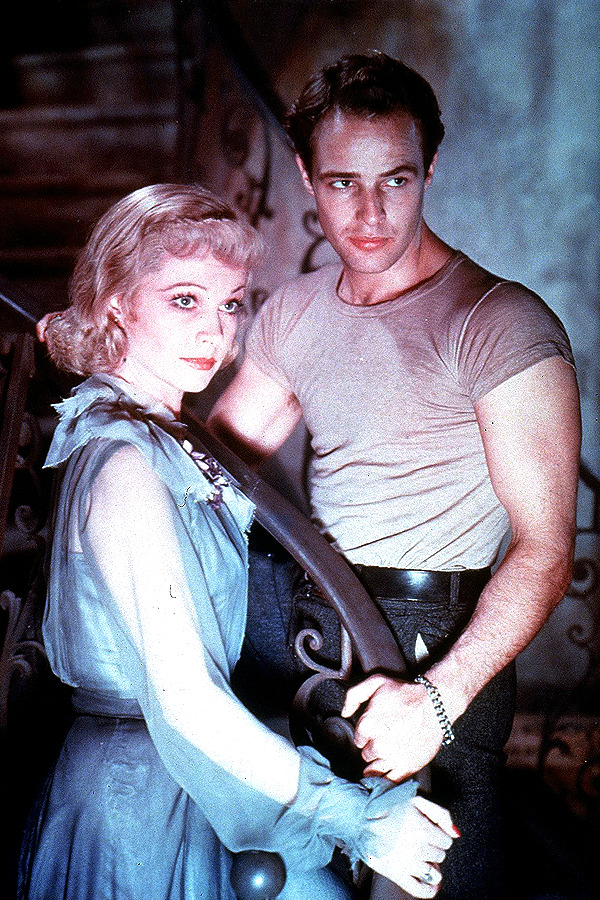 |
| Vivien Leigh as Scarlett O'Hara |
Vivien Leigh is a
British actress, considered one of the greatest female movie star of all times according the American Film Institute. She won twice the Best Actress Academy
Awards; the first one for her performance in Gone with the Wind as Scarlett O’Hara
in (1939), and the second one for her performance in A Streetcar Named Desire
as Blanche Dubois in (1951).
The fact that she had
won twice the Academy award maybe is not too important; there are actress that
had won the award more than twice, but what is important here is that she
won for her performances as “Southern belles”.
The first time she
performed a Southern Belle girl was in Gone with the Wind. The movie is based
in a book written by Margaret Mitchell. She performed the role of Scarlett O’Hara,
a young woman who lives in the Southern estate of Tara during the Civil War. In
the film we see who Scarlett represent characteristic of Southern belles such
as the social grace or her position in society. Furthermore, we can see how she
tries to manage her personal problems such as the man she loves marrying
her cousin and the consequences of the War.
 |
| Vivien Leigh and Marlon Brando. |
In 1951 she won again
the Academy award for her performance of Blanche Dubois in the Tennessee
Williams’s play A Streetcar Named Desire. In the film, we see her
interpretation of a Southern Belle who has to deal with a society that is not
what used to be anymore. Blanche is the representation of the values of the
past in a society that don’t have those values, but at the same time she
has some characterteristics and values of the present she rejects.
At that time, many people believe that she wouldn't be able to perform Scarlet O'Hara as she was British actress who had no idea about America's Southern values and lifestyle. However, she represents very well a Southern Belle girl; she won an Oscar and years later interpret another Southern Belle girl, Blanche. Moreover, I
think that both movies illustrates the reality that we have been studying
because Gone with the Wind shows some antebellum features as well as during the
War and A Streetcar Named Desire shows the lost values of the Antebellum
reality and the conflict of identity in society.
The website Biography.com has an interesting video about her life and her leading roles in those movies, I couldn't add the video in the post, but here is the link Vivien's biography. There are also some overviews of those movies in the New York Times: Gone with the Wind and A Streetcar Named Desire.








